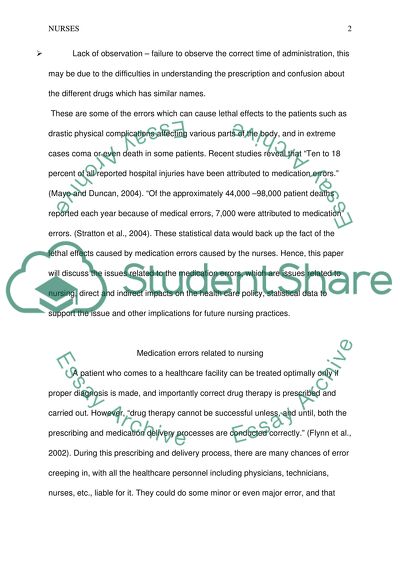Cite this document
(“Nursing - Medication Errors Research Paper Example | Topics and Well Written Essays - 1750 words”, n.d.)
Nursing - Medication Errors Research Paper Example | Topics and Well Written Essays - 1750 words. Retrieved from https://studentshare.org/nursing/1445624-medication-errors
Nursing - Medication Errors Research Paper Example | Topics and Well Written Essays - 1750 words. Retrieved from https://studentshare.org/nursing/1445624-medication-errors
(Nursing - Medication Errors Research Paper Example | Topics and Well Written Essays - 1750 Words)
Nursing - Medication Errors Research Paper Example | Topics and Well Written Essays - 1750 Words. https://studentshare.org/nursing/1445624-medication-errors.
Nursing - Medication Errors Research Paper Example | Topics and Well Written Essays - 1750 Words. https://studentshare.org/nursing/1445624-medication-errors.
“Nursing - Medication Errors Research Paper Example | Topics and Well Written Essays - 1750 Words”, n.d. https://studentshare.org/nursing/1445624-medication-errors.


